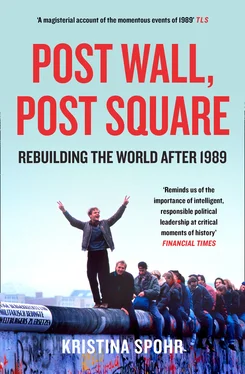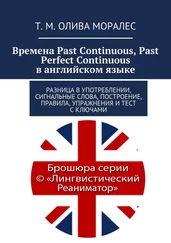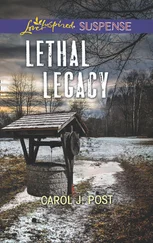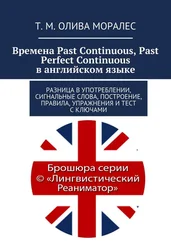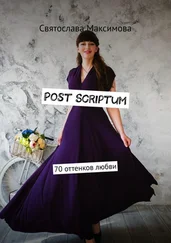Next day Bush flew to Gdańsk to meet Wałęsa for lunch at his modest but cosy two-storey stucco house on the outskirts of the city. This was a deliberately informal, down-home affair. George and Barbara chatted with Lech and Danuta as ‘private citizens’, because the Solidarity leader had not stood for election and therefore had no official political role now. Looking around the rooms, the president was struck by the ‘lack of modern appliances and furnishings that most American families take for granted’. ‘Stylish waiters’ borrowed from a nearby hotel and a ‘fancy’ Baltic meal served on silver salvers did not cover up those realities. After more of what Bush described as Wałęsa’s ‘uncertain and unrealistic’ financial requests, backed by lurid warnings of ‘a second Tiananmen in the middle of Europe’ if Polish economic reforms failed, the president was happy to escape from their uneasy get-together and drive to the Lenin Shipyard to address 25,000 dockworkers. He considered standing outside the factory gate in front of the monument commemorating the forty-five workers killed by the security forces during the 1970 strikes – three anchors nailed to giant steel crosses – the ‘emotional peak’ of his Polish trip. Bush felt ‘heart and soul, emotionally involved’ as he spoke, with a ‘heady sense’ that he was ‘witnessing history being made on the spot’.[71]
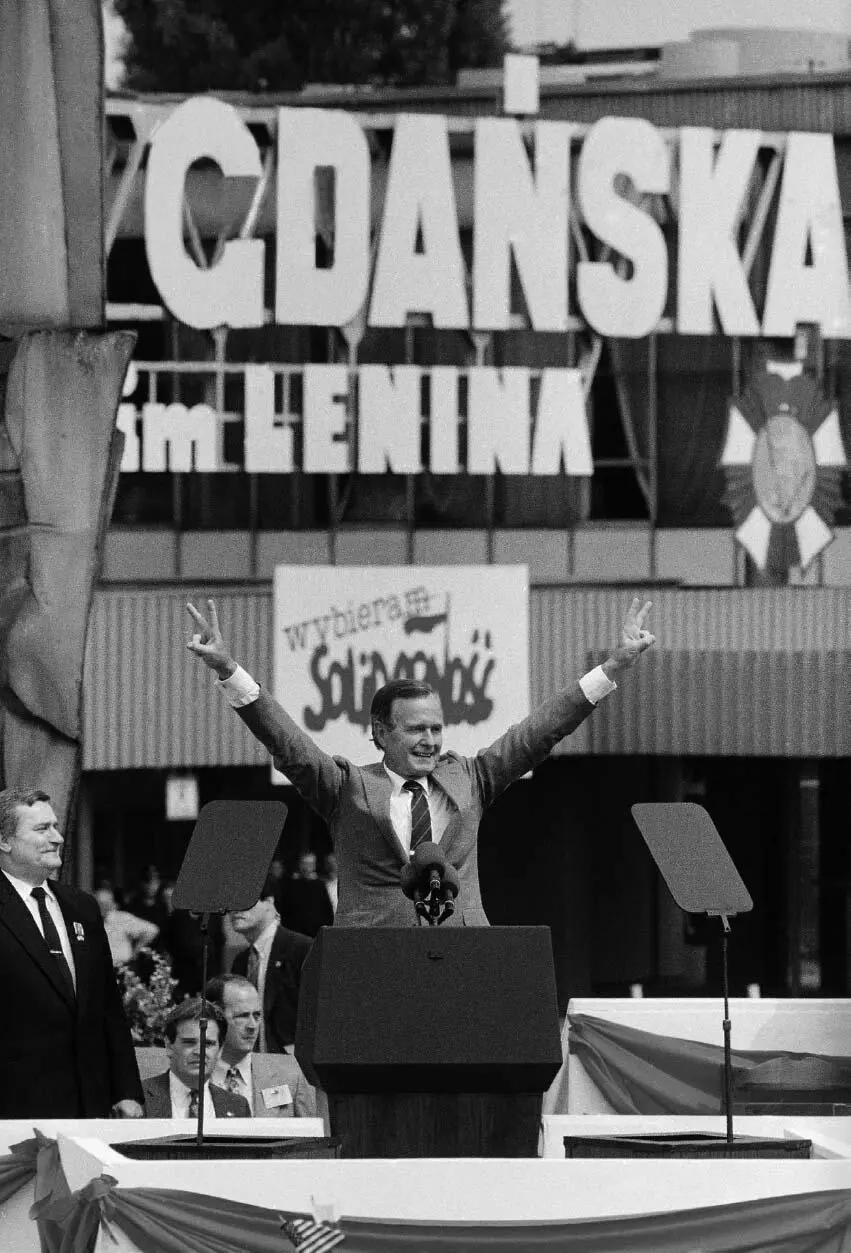
Trumping Lenin in Gdańsk – Bush with Wałȩsa
His trip to Poland had been brief (9–11 July) but it underlined the magnitude of the political and economic problems that had to be surmounted. One presidential adviser told the press, it would ‘take hundreds of millions of dollars, from us and lots of other people, and even that won’t guarantee success’.[72]
That evening Bush arrived in Budapest during a heavy thunderstorm. He and Barbara were driven straight to Kossuth Square – named for the leader of Hungary’s failed revolution of 1848 and one of the centres of the 1956 uprising against Soviet rule. As the motorcade pulled into the square in front of the Parliament building it was greeted by a huge mass of people, some 100,000 strong – a crowd in an ebullient mood, full of expectation, despite being drenched by the rain. Bush, too, was very excited. It was the first ever visit of an American president to Hungary.[73]
The rain continued to fall while Hungary’s president Bruno Straub droned on for a full quarter-hour of plodding introductions. When Bush finally got a chance to speak, he waved away an umbrella, dispensed with his notecards and made a few extempore remarks ‘from the heart’ on the changes taking place in Hungary and on its reform-minded leadership. Just as he finished, the evening sun broke through the dark clouds. There was another special moment. Out of the corner of his eye, Bush noticed an elderly lady near the podium who was soaked to the skin. He took off his raincoat (which actually belonged to one of his security agents) and put it round her shoulders. The spectators roared with approval. Then Bush plunged into their midst, shaking their hands and shouting good wishes. Scowcroft noted: ‘The empathy between him and the crowd was total.’[74]
Next day, 12 July, Bush followed a similar script to his Warsaw visit. He was careful not to be seen associating with any opposition-party officials too closely. Indeed his meetings with both opposition and Communist Party figures were behind closed doors while in public he expressed his support for the communist reformers who now ran the government. Still, the difference in overall atmospherics between Budapest and Warsaw was clear: Hungary had enjoyed for two decades ‘more political freedom – nightclubs feature biting satirical sketches about the government – and more economic energy, with food markets piled high with fruits and vegetables, than the other Warsaw Pact countries’.[75]
In his talks with Bush, Prime Minister Miklós Németh emphasised his firm belief that the Hungarian Socialist Workers’ Party (HSWP) could ‘renew itself and will be able to, through electoral means, gain a dominant position in the coalition. The danger is that if the HSWP is defeated, the opposition is not yet ready to rule.’ Bush agreed. As regards the ‘political system for Hungary’, the president stated that ‘the principles articulated by the prime minister are ones that Americans support’ and promised that he would ‘do nothing to complicate the process of reform’. Being inclined toward stability, Bush believed that it was the reform communists who were uniquely equipped to successfully engineer a gradual exit from Moscow’s orbit.[76]
In Hungary – unlike Poland where the political situation was rather precarious in the wake of the elections – the question was not whether reform would proceed but how fast and on whose terms. Currently the reform communists were driving the transformation, and they did so with confidence. Internationally Hungary had more room for manoeuvre than Poland, a strategically more pivotal country for the Soviet Union. And Budapest also knew that it benefited from following in Warsaw’s slipstream. Poland had clearly managed to get away with its reform course by staying within the Warsaw Pact, and the Hungarian reformers also saw this as the best path – especially after Gorbachev had held firm to his non-interventionist position in the Bucharest summit. (Leaving the Warsaw Pact had been the step too far by Hungary in 1956.)
Understanding the new rules of the game, Hungarians were also willing to test the limits of the possible. In fact, they had done so already with the dismantling of the barbed wire. As Imre Pozsgay – effectively Hungary’s deputy prime minister under Németh – explained to Bush, there were only two situations that might attract Soviet intervention: ‘the emergence of civil war’ or ‘a Hungarian declaration of neutrality’. The former he deemed unlikely: he was sure Hungary would undergo a ‘peaceful’ transformation. And the latter was simply ‘not possible’ for Hungary: as in Poland’s case, Hungary’s Warsaw Pact membership was non-negotiable to avoid provoking the Kremlin. Bush entirely agreed that Hungarians should not have to choose between East and West. What was important, he declared, was ‘for Soviet reforms to go forward’ while the United States did not ‘exacerbate Gorbachev’s situation or make the Hungarian course more difficult’.[77]
Bush found the reformers’ buzz and energy infectious. Quite contrary to a Poland that had seemed drab, subdued and worried about its new political pluralism, Hungary, opening rapidly towards the West, seemed really full of vitality. And Bush conveyed this in his speech at Karl Marx University on the afternoon of 12 July. ‘I see people in motion,’ he said. ‘I see colour, creativity, experimentation. The very atmosphere of Budapest is electric, alive with optimism.’ Bush wanted his words to act as an accelerator of the process of change ahead of the multiparty elections, so the country would not get stuck in half-measures. ‘The United States will offer assistance not to prop up the status quo but to propel reform,’ he declared, before reminding his audience that here, as in Poland and across the bloc, simple solutions did not exist: ‘There are remnants of the Stalinist economy – huge, inefficient industrial plants and a bewildering price system that is hard for anyone to understand, and the massive subsidies that cloud economic decisions.’ But, he added, ‘the Hungarian government is increasingly leaving the business of running the shops to the shopkeepers, the farms to the farmers. And the creative drive of the people, once unleashed, will create momentum of its own. And this will … give each of you control over your own destiny – a Hungarian destiny.’[78]
Читать дальше
